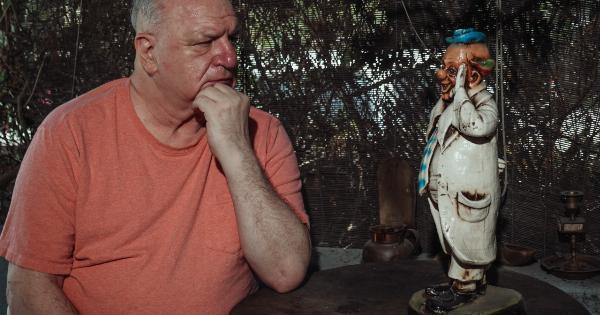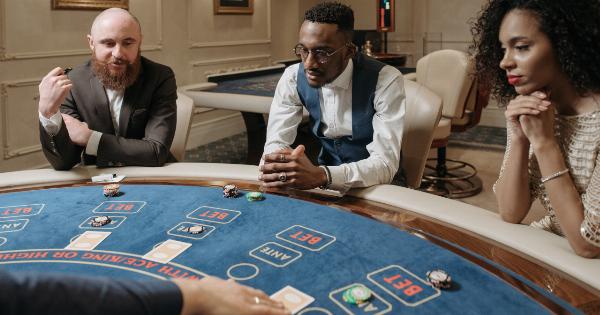Mano, or Mano Objet, is a game of chance that is commonly played in the French Caribbean. It is a simple game to learn and play, but it is also a game that can be addictive and potentially dangerous.
There are three deadly components of Mano that players should avoid at all costs: cheating, excessive gambling, and addiction.
Cheating
Cheating is a problem in any game of chance, and Mano is no exception. In Mano, cheating can take many forms. One common form of cheating is to use marked cards. Marked cards are cards that have been altered in some way to make them easier to identify.
This can give the cheater an unfair advantage in the game.
Another form of cheating in Mano is collusion. Collusion is when two or more players work together to defraud the other players at the table.
This can be done by signaling to each other about the cards in their hands or by sharing information about the cards on the table.
Finally, players may cheat by simply lying about the cards in their hand. This can be done by claiming to have a particular card when they do not, or by claiming not to have a particular card when they do.
Excessive Gambling
Mano can be a fun and exciting game, but it can also be very dangerous if players engage in excessive gambling. Excessive gambling can lead to a number of problems, including financial ruin, relationship problems, and even addiction.
Players should set a limit on how much they are willing to lose before they even sit down at the table. This can help to prevent them from getting caught up in the excitement of the game and gambling more than they can afford to lose.
Players should also be aware of the signs of problem gambling. These signs include gambling alone, borrowing money to gamble, and neglecting other responsibilities in order to gamble.
Addiction
Finally, the most deadly component of Mano is addiction. Addiction is a serious problem that can have devastating consequences for the addict and their loved ones.
Players who find themselves unable to stop playing Mano, even when they know they should, may be addicted to the game.
Signs of addiction include an overwhelming urge to play Mano, spending more time and money on the game than is healthy, and experiencing withdrawal symptoms when unable to play.
Players who suspect they may be addicted to Mano should seek help immediately. They can talk to a counselor, join a support group, and take steps to avoid triggers that may lead them to gamble.
Conclusion
Mano is a game of chance that can be both fun and exciting. However, players must be aware of the three deadly components of the game: cheating, excessive gambling, and addiction.
By avoiding these pitfalls, players can enjoy the game safely and responsibly.































